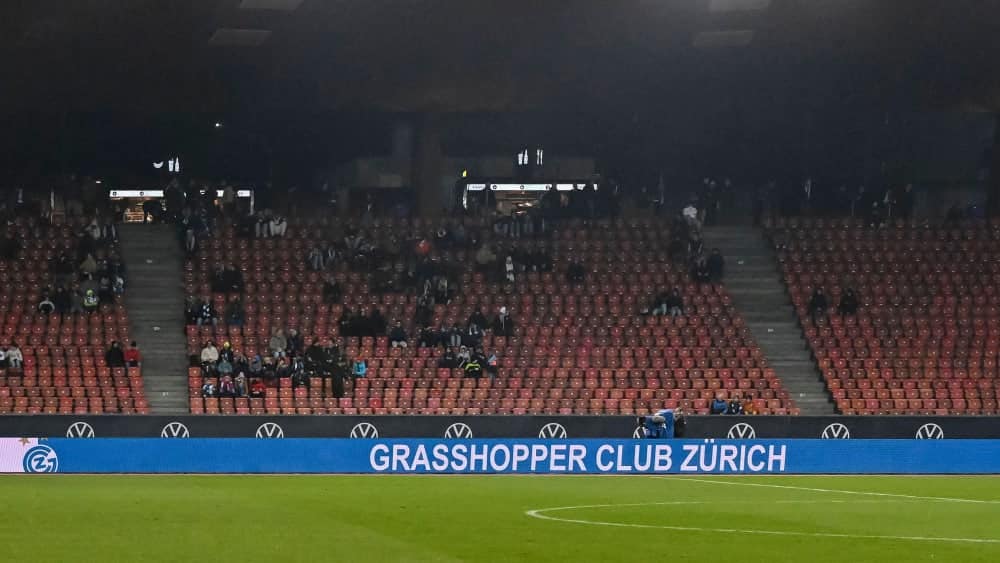The partner of FC Bayern, Los Angeles FC, The cooperation with the US-Americans seems to be Munich’s answer to the MCO-arrangements of the competition and thus incidentally dances out the UEFA regulations.
Shortly after Jan-Christian Dreesen was elected to the board of the ECA, FC Bayern’s CEO felt compelled to issue a warning about a phenomenon that has been increasingly making its way into European soccer in recent years: multiple club ownership, often abbreviated in the industry to multi-club ownership (MCO). “It will certainly be interesting to see how this can be dealt with when players move back and forth between clubs that belong to one owner,” said Dreesen after the ECA meeting in September 2023, adding: “We should make an effort and contribute to the development of regulations to ensure that multi-club ownership does not distort competition.”
At the meeting in Berlin, the ECA built further bridges for representatives of MCO clubs. For example, it elected Red Bull CEO Oliver Mintzlaff, who is also chairman of the supervisory board at RB Leipzig, and Joshua Wander, head of the US soccer investor 777-Partners, which has stakes in seven clubs worldwide, to its board. And the ECA CEO, the walking conflict of interest Nasser Al-Khelaifi, is also a representative of an MCO network as a representative of Qatar Sports Investment (QSI). QSI is not only owned by Paris St. Germain. The Qataris also hold a good 20 percent of Sporting Braga and rumors about their interest in Premier League clubs keep popping up. Dreesen’s statement was therefore understandable
LaFC operates at European level
But by this time, FCB had long since defined its own MCO strategy and implemented it in part by founding the “Red and Gold” joint venture. It maintains this together with the MLS club Los Angeles FC, in which illustrious investors such as former basketball star Earvin “Magic” Johnson, two-time world soccer player Mia Hamm and actor Will Ferrell are also involved. The managing director of the associated GmbH, which is registered at Säbener Straße in Munich, is Bayern youth team boss Jochen Sauer. “Red and Gold” now cooperates with Gambinos Stars Africa in Gambia, founded by former Fürth president Helmut Hack, and is the majority shareholder in Racing de Montevideo, a first division club from Uruguay.
However, the European path of the MCO strategy is particularly exciting. This is because it is not the joint venture and therefore not FCB as an investor, but the partner from Los Angeles. As is well known, the Americans took over FC Wacker Innsbruck, which had fallen into Austria’s fourth division, in April 2023. The acquisition of Grasshopper Club Zurich is also taking shape. In fall 2023, the business portal Bloomberg reported on an offer from LAFC to the Chinese majority owner of the Swiss Super League’s eighth-placed team, the Hong Kong-based Champion Union. This is attributable to Jenny Wang, the wife of billionaire Guo Guangchang, who in turn owns Wolverhampton Wanderers via the Fosun Group. “Champion Union” to take place in the near future
The Red Bull construct problem
But why not buy the “Red and Gold” joint venture? Well, that in turn is probably due to the UEFA Statutes, which, with regard to the integrity of club competitions, stipulate for example: “No club participating in a UEFA club competition may directly or indirectly (…) hold or trade in securities or shares of another club participating in a UEFA club competition” and “influence in any way the management, administration and/or sporting performance of another club participating in a UEFA club competition”. Article 5 of the confederation’s statutes goes even further and defines the prohibition of control and influence by natural and legal persons between two clubs. As is well known, the Red Bull construct between Leipzig and Salzburg first had to be formally unbundled before both teams competed in the same competition, the Europa League, for the first time in 2017/18. UEFA is currently looking with interest to Spain, where FC Girona is currently second in the table and on course for the top flight. The City Football Group, the main shareholder of Champions League winners Manchester City, owns almost half of this club. Will both be allowed to compete in the Champions League in 2024/25, provided they qualify via the national league?
FC Bayern would be faced with such piquant questions if Innsbruck (in the distant future) or GC Zurich (perhaps in the not-so-distant future) were to qualify for the European competition at some point. Because only the partner from the non-European joint venture, LAFC, would hold shares, not the joint GmbH or even the German record champions themselves. A workaround that puts Dreesen’s words from September in a different, new light.





